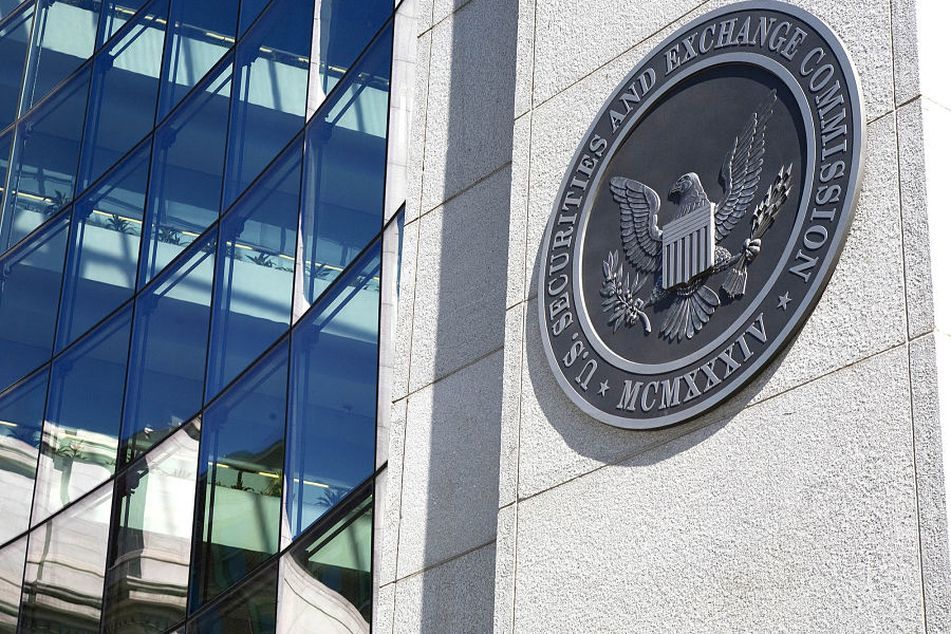SEC proposes making it easier to start ETFs

Rule is expected to give exchange-traded funds a boost, but complex products wouldn't be eligible for the streamlined process
The fast-growing $3.6 trillion U.S. market for exchange-traded funds is closer to getting a shot in the arm after Wall Street’s main regulator advanced a proposal for streamlining its approval process for the products.
The Securities and Exchange Commission plan approved for public comment on Thursday would make it easier to bring new ETFs to market by laying out formal steps for setting up less-complicated funds. For many issuers, the change would eliminate the need to seek a special order from the SEC to allow funds to operate. Commissioners voted 5-0 to release the proposal.
The mutual fund industry has long complained about the wait and cost associated with getting the regulator to sign off on new funds, while critics say the current system based on one-off approvals gives advantages to more established firms. The SEC tried to address the issue in 2008, before shelving a plan that aimed to “eliminate unnecessary regulatory burdens” as it focused attention on dealing with the global financial crisis.
“The proposed rule would cover most ETFs operating today and all similar ETFs that sponsors may seek to launch in the future,” SEC Chairman Jay Clayton said before the vote.
Replacing the current exemptive orders under which many products operate would “level the playing field,” he said.
Mr. Clayton said the new rule wouldn’t cover all products and that some would continue to require greater scrutiny. Complex, leveraged products wouldn’t be eligible for the streamlined process.
In her prepared remarks, Democratic commissioner Kara Stein noted that the rule wouldn’t cover so-called share-class ETFs, such as those run by Vanguard Group, which are structured as a separate class of a mutual fund. It will, however, give issuers greater choice about which securities they admit to the fund and which they give out — something the industry had called for.
Mr. Clayton has made passing an ETF rule a priority since he took the helm at the SEC in May 2017. He hired Dalia Blass, who worked on the 2008 proposal, to lead the agency’s investment management unit and listed the rule as a key part of his regulatory agenda.
While ETFs started as a way for investors to buy into indexes like the S&P 500 and pay minimal fees and taxes, investors now can purchase funds that employ strategies such as leverage and short selling or focus on narrow, thinly traded market sectors.
The streamlined process the SEC proposed would target so-called plain vanilla ETFs, leaving firms wishing to list more complex products to seek approvals through the more laborious approach the regulator currently uses.
(More: As it gets easier to start an ETF, is there still a role for white-label fund firms?)
Learn more about reprints and licensing for this article.








